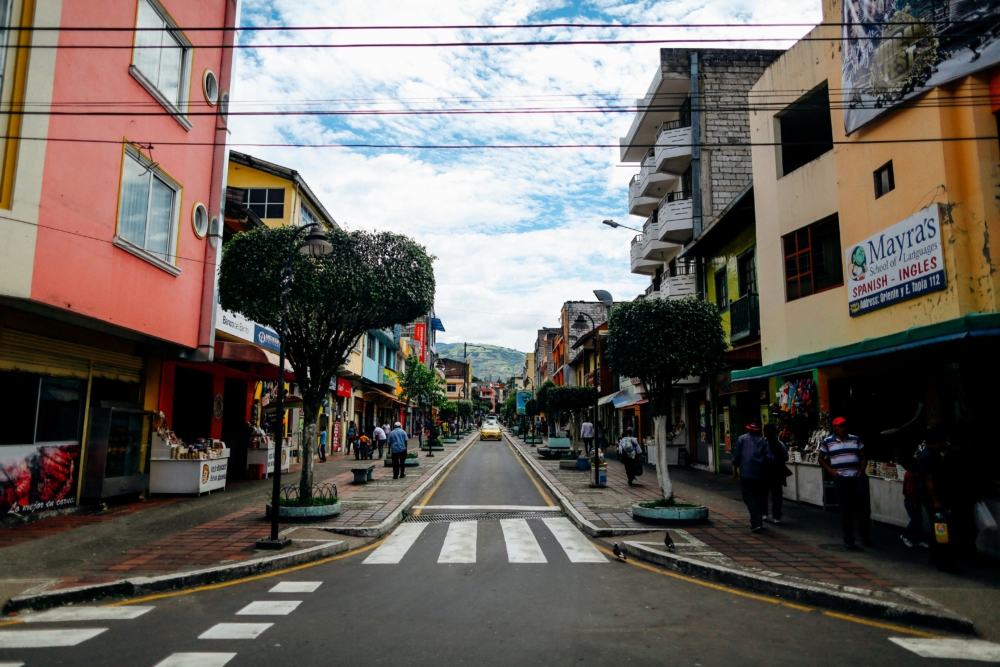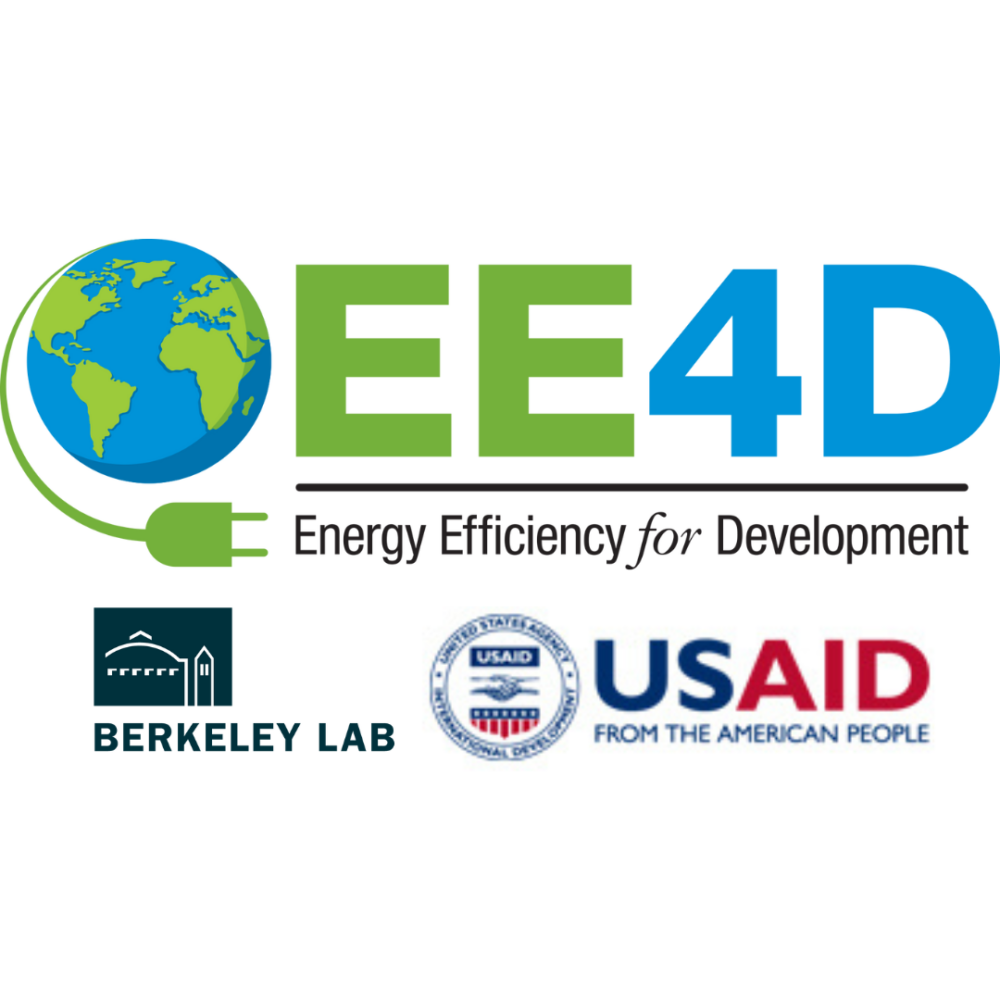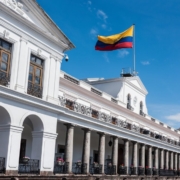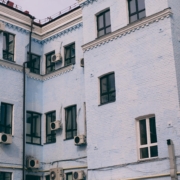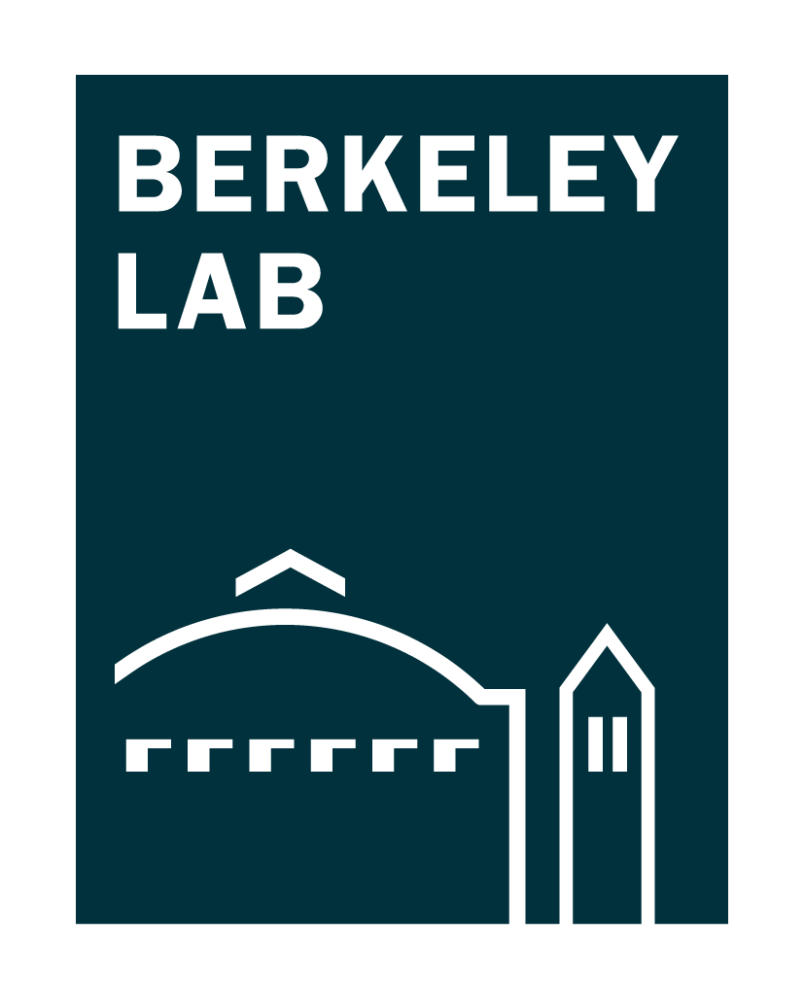“Cooling Summit” in Ecuador addresses impacts of cooling electricity consumption
As part of continuing engagement conducted by LBNL and USAID through the Energy Efficiency Development program (EE4D) to advance energy efficiency in Ecuador, a Cooling Summit was convened on November 15, 2023, to address the environmental and economic impacts associated with growing electricity use by air conditioners (AC) in the country. The event was organized in partnership with Ecuador’s Ministry of Production, Foreign Trade, Investments and Fisheries (MPCEIP) and brought together government officials, industry representatives and members of the research community to highlight environmental and economic impacts caused by current and projected electricity consumption by AC use in Ecuador and globally. The agenda included a presentation by the Ministry of Energy and Mines on energy efficiency policies related to cooling and a presentation by LBNL on the regulatory proposal it developed as part of technical assistance to update the minimum energy performance standard (MEPS) for air conditioners. A round table with HVAC industry leaders provided useful insights on the market dynamics for air conditioners in Ecuador. The Cooling Summit created the opportunity to revise the status of the regulatory process for the update of the AC MEPS and to generate a discussion between key stakeholders to develop a broader agenda of collaboration around efficient cooling.
